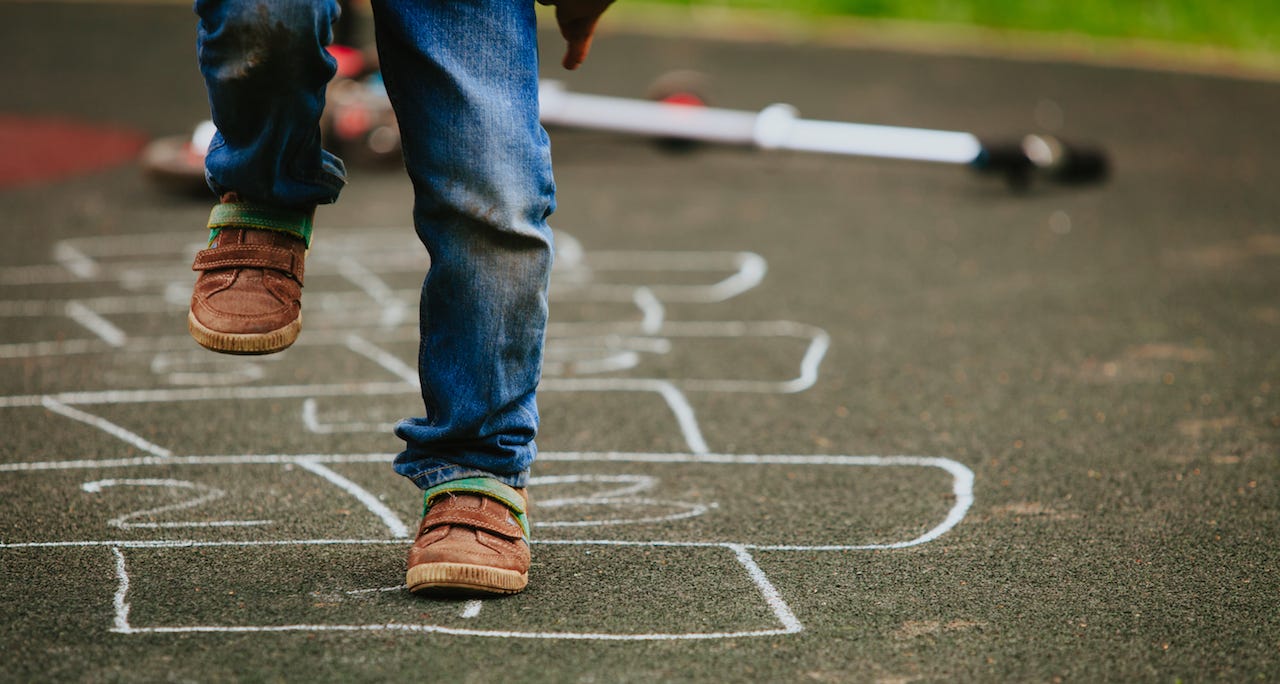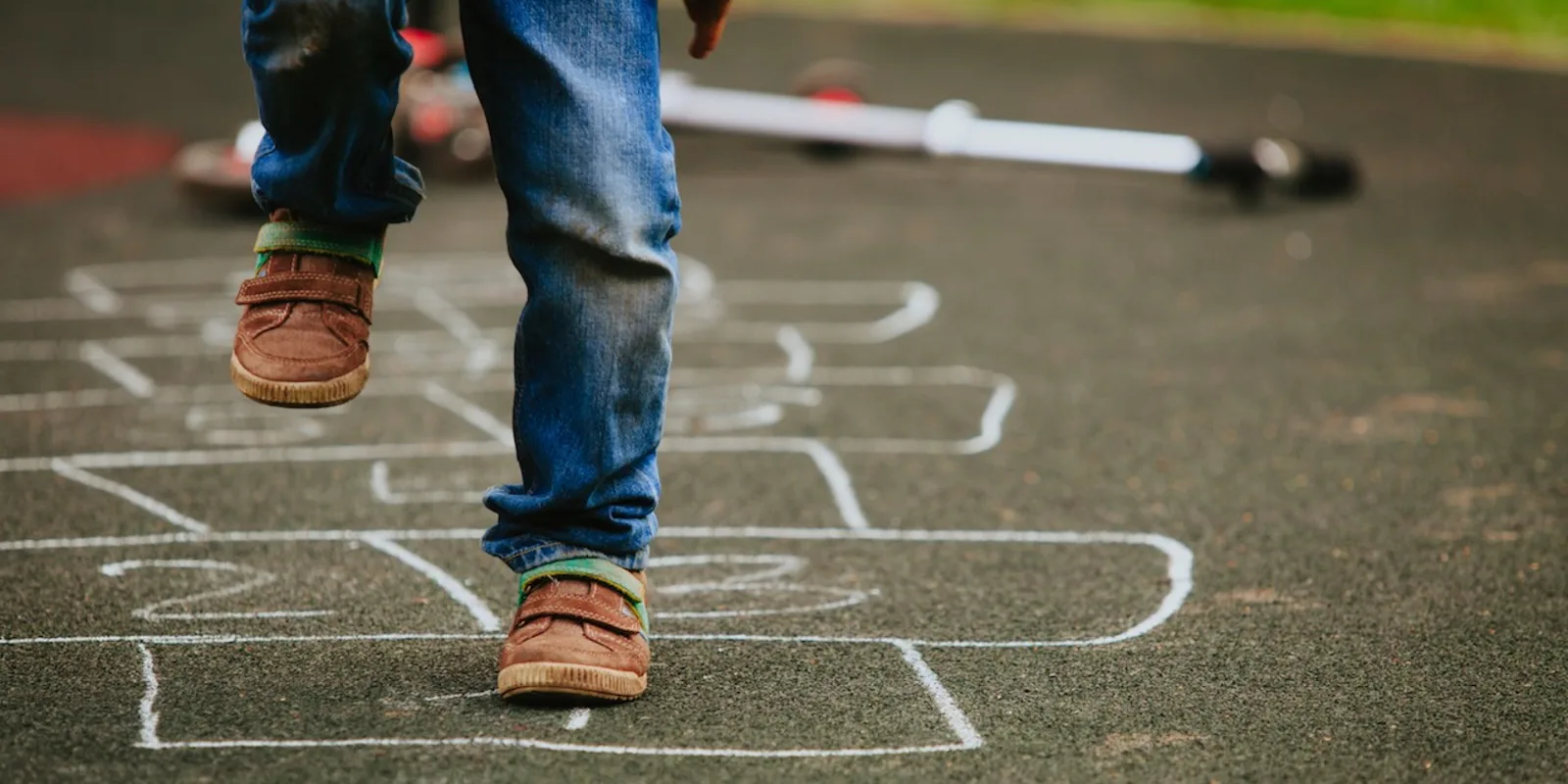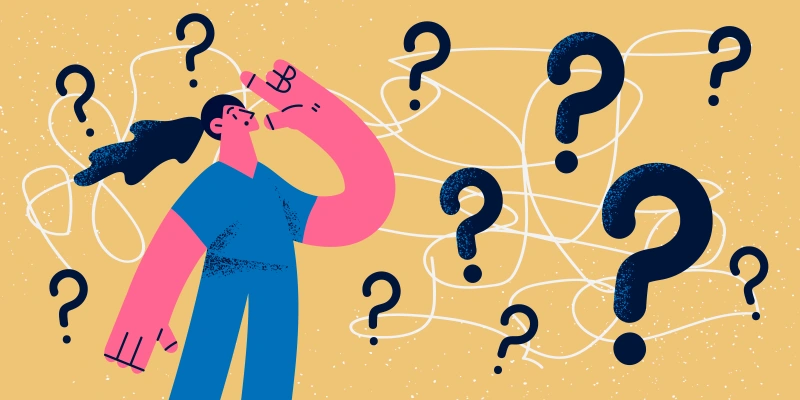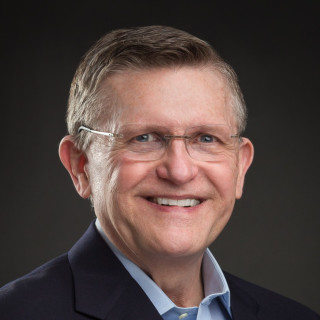
All of us come to the study and practice of medicine through different pathways. Some of us were inspired by family members who were doctors or patients. Many were born out of their intense drive to achieve and serve others. Others blossomed out of our own illness or wounded brokenness.
I pursued medicine because of my grade school classmate named Michael.
My grade school represented a grand social experiment of the early 1960’s being one of the first schools to integrate special needs children into “regular” classrooms. Back then, the standard approach was to warehouse kids with disabilities (i.e. “handicaps” in 60_s parlance) in separate rooms, if not whole separate schools.
During those years, the typical class structure was 32–35 kids per teacher. Without any teacher’s aides or special accommodations for students with learning disabilities, I’m not entirely sure how those teachers coped with a room full of too-often noisy, unruly kids.
They partly relied on recruiting capable kids to mentor the kids with disabilities. It was a way to keep some kids busy who, out of boredom, might have otherwise engaged in disruptive behaviors at school. Teachers benefited under this buddy system for the special needs kids who needed extra help with classwork or had difficulty getting around.
In fifth grade, I was assigned to be a buddy to Michael. He was a spindly boy with cerebral palsy and hearing aids, thick glasses hooked with a wide band around the back of his head, and spastic muscles that never seemed to go where he wanted them to go. He walked independently with some difficulty, mostly on his tiptoes because of his shortened leg muscles, falling whenever he got going too quickly as his thick orthopedic shoes with braces would trip him up.
His hands were intermittently in a crab like grip of contracted muscles, and his face was always contorting and grimacing. He drooled continuously, so he always carried a soppy Kleenex in his hand to catch the drips of spit that ran out of his mouth and dropped onto his desk in class. I would walk him to the bathroom on a schedule, pushing the heavy door open for him to get inside, and waiting outside until he knocked on the door so I could open it back up for him.
His speech consisted of all vowels, as his tongue couldn’t quite connect with his teeth or palate to sound out the consonants, so it took some time and patience to understand what he said. But he could write with great effort, gripping the pencil awkwardly in his tight palm and found he could communicate better at times on paper. I made sure that he had help to finish assignments whenever his muscles were too tight to write.
I learned his language so I could interpret for the teacher. I quickly discovered he was brave and bright, with a finer mind than most of the kids in our class. He loved a good joke and his little body would shudder as he roared his appreciation. I was impressed at how he expressed himself and what little bitterness he had about his limitations.
He was the most articulate-inarticulate person I knew at the time. As a peer-opinion-driven preadolescent girl, in hindsight I’m amazed that I could even recognize such qualities about Michael. It was so tempting to stay oblivious to the person that Michael was inside of his broken shell of a body.
Sometimes, I wanted to hide as Michael appeared around the corner of the grade school building every morning. He would be walking too quickly in his tightly wound tip-toe cadence, arms flailing, shoes scuffing, raising up dust with each step. He would wave at me and call out my name in his indecipherable voice that I knew all too well.
There were many times when I resented being Michael’s buddy though I was determined not to let him know. I didn’t want to be constantly responsible for him and other kids teased me about him being my boyfriend.
In many ways, he was that.
Whenever he approached me on the playground, a group of boys playing tag would swoop past him on purpose, spinning him off his feet like a top and onto the ground. Glasses askew, he would lay momentarily still, and realizing I was needed, I would run to his side. Despite all that he endured at school, I never saw Michael cry, not even once, not even when he fell down hard. When he got angry or frustrated, he’d get very quiet, but his muscles would tense up so much he would go into even greater spasms.
I would help him up, brush off the playground dirt from his sweatshirt and pants and look at his grimacing face. Although he would give me a huge toothy smile of thanks, his eyes, as usual, said what his mouth could not. He looked right past my hardened pretense, into my softening heart. Michael knew I needed him as much as he needed me. I was a lifesaver that had been thrown to him as he struggled to stay afloat in the sea of playground hostility. And he was the first boy who loved me despite of who he saw inside my own inner broken shell.
After two years, when parents complained that the educational process was suffering for all the students, the social experiment was over and the school segregated the special needs kids back to therapeutic educational classrooms. Though I never saw Michael again, I heard him on the radio six years later, reading an essay he’d written for the local Voice of Democracy contest on what it meant to be a free citizen. His speech was one of the top three award winners that year. I was so proud of what he had accomplished and how understandable his speaking voice had become.
I’ve thought of him frequently over the years as I went on to medical school, knowing that my initial training in compassionate caring began in grade school when I would sit by his side for hours, learning to understand another person’s voice and heart. I didn’t appreciate it then as much I do now, but he taught me far more than I ever taught him: patience, perseverance and respect for the journey rather than the destination. He taught me life isn’t always fair: you make the best of what you are given and pay no attention to what others think and say.
Michael, wherever you are, you helped me put someone else’s needs above my own. You set me on the road to practice medicine. Your kindness reached deep into my own special needs heart, helping heal the crippled part of me that no one else could see, but you could feel.
In my own imperfect way, I loved you too.
Dr. Emily Gibson is a family physician, farmer, poet, wife, mother and grandmother. She has worked in inner city primary care, community and rural health, detox and sexual assault centers, and as the medical director of a University Student Health Center for three decades. Both a photographer and writer, she shares daily about her life and work on her Barnstorming blog.
Dr. Gibson is a 2018–2019 Doximity Author.






